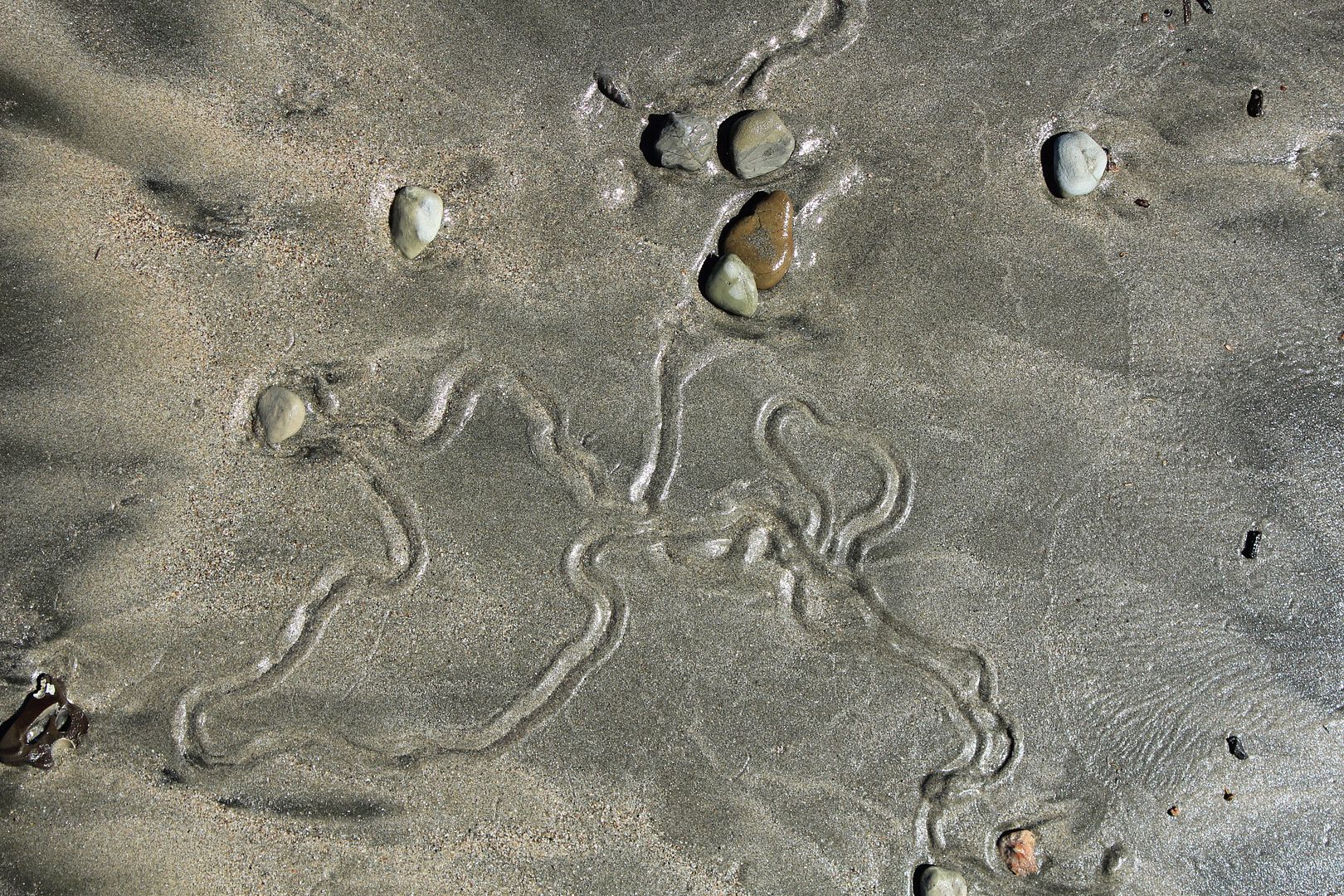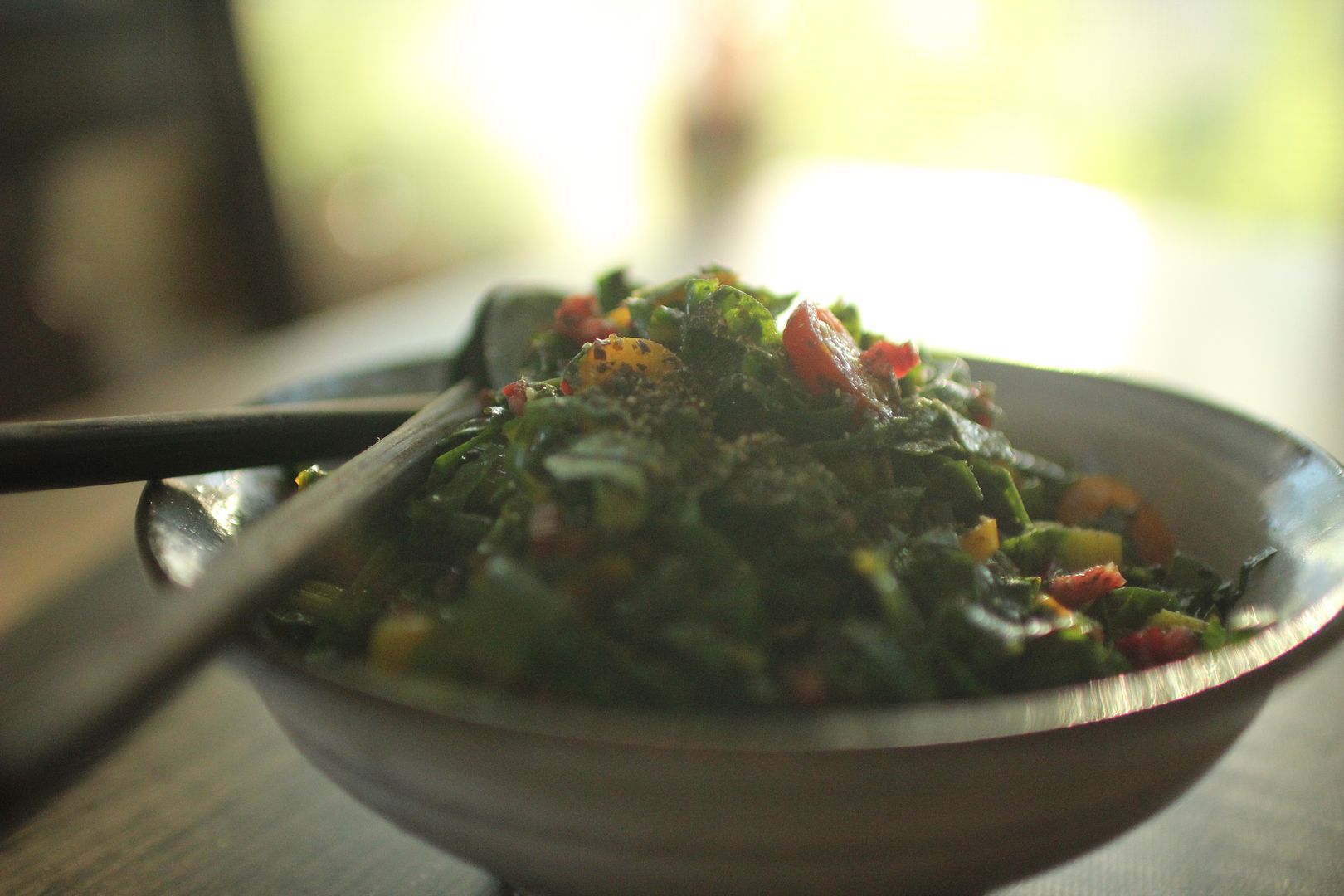We're coming up on the one year anniversary of a historic victory for gay rights. But then again, we are all still reeling from the mass murder in Orlando.
When I re-read a favorite poem recently, thinking about
those lost in Orlando, I just sat and wept into my Norton Anthology.
The poem is The Fish by Elizabeth Bishop, circa 1940. I know there's been a lot to read and listen to in the news (not only regarding this latest event) but poetry offers something different than the constant thrum of media. I hope you will read the whole poem, but if not, here are two sections - the beginning and the end:
The poem is The Fish by Elizabeth Bishop, circa 1940. I know there's been a lot to read and listen to in the news (not only regarding this latest event) but poetry offers something different than the constant thrum of media. I hope you will read the whole poem, but if not, here are two sections - the beginning and the end:
I caught a tremendous
fish
and held him beside
the boat
half out of water,
with my hook
fast in the corner of
his mouth.
He didn't fight.
He hadn't fought at
all.
...
I stared and stared
and victory filled up
the little rented
boat,
from the pool of bilge
where oil had spread
like a rainbow
around the rusted
engine
to the bailer rusted
orange,
the sun-cracked
thwarts,
the oarlocks on their
strings,
the gunnels—until
everything
was rainbow, rainbow,
rainbow!
And I let the fish go.
And I let the fish go.
Bishop is a quintessential New England poet. She was born in
Massachusetts and lived in Worcester and Revere, spending summers in Maine. She
is close to my heart because I'm from here too, but also because of her unpretentious
voice, her expressions of color and scent, her restraint on the page. This
famous poem, The Fish, stuns me when
I read it because of the way she captures the moment of exhilaration and pain
when the speaker considers the living thing - the caught fish - in a moment of
near-death. She draws you into the presence of this moment with such reality
that it's as though you are standing
on the boat staring into the eyes of the fish.
Not only that, but the repetition of the word rainbow at the
end feels like an anthem of gay-pride, even though of course Bishop did not
intend it this way (the rainbow symbol for LGBT pride wasn't popularized until
the late seventies.)
My newest spice blend, Supeq Spice, was invented with the
Atlantic ocean in mind, with my home in mind. The name comes from the word for ocean in Passamaquoddy,
a First Nation tribe from the northeast. It is a seaweed blend, in fact, made with
dulse that comes from the Atlantic. Because spices are so often thought of as
exotic seeds and barks from faraway lands, I wanted to create a blend that was
hyper-local, celebrating the familiar land (and sea) where I grew up. When I
smell it I think of walking on the beach in Maine, the tide low and the air
clean and cold.
 |
| photo by Joanna Chattman |
Seaweed is an incredible plant that is environmentally
important, too. From an article in the New Yorker last November, writer Dana
Goodyear states "Seaweed, which requires neither fresh water nor fertilizer,
is one of the world's most sustainable and nutritious crops." (see "A New Leaf" from the New Yorker)
But while many of us are familiar with nori—the salty, dark
green seaweed pressed into the paper-like substance used to make crunchy snacks
or sushi rolls, we're not as familiar with the other seaweed species -
dulse and kelp, rockweed and bladderwrack. The names themselves are fabulous! Dulse
is a dark purple seaweed that has a delicious depth of flavor - a little salty,
a little ocean-y, sometimes people even swear it tastes like bacon when you fry
it. And yes, this deep, meaty flavor is why we now recognize the fifth
taste-receptor on our tongue called "umami" which means
"delicious" in Japanese. MSG, monosodium glutamate, is derived from
seaweed - it's what gives that full flavor to food that we experience through
this fifth taste.
I like to think of seaweed the way Bishop presented us with the scene in her poem: a metaphor for the beautiful and ugly realities of
life. Seaweed is just that - a weed - it grows because it has evolved to do so,
not because we have cultivated it as a particular foodstuff. It filters the
waste we put into the ocean, it neutralizes toxins, it generates nutrients in
its very cells.
He didn't fight.
He hadn't fought at
all.
Rainbow Chard Salad with Supeq Spice
A simple, umami-rich salad that's great to bring to a potluck
or picnic, especially on June 26th, to celebrate gay rights.
1 head of swiss chard, washed with stems separated from
leaves
2 teaspoons fresh lemon juice (about a quarter of a lemon)
handful of colorful cherry tomatoes, halved
handful of cooked chickpeas
handful of cooked chickpeas
olive oil
1 tablespoon Supeq spice
Chop the swiss chard leaves and place in a big bowl. Add the lemon and massage the chard leaves with your hands so that it becomes wilted (almost cooked) from the lemon juice. Chop the stems of the chard and add to the salad with the cherry tomatoes. Toss with olive oil and Supeq spice.
----
Learn more about Elizabeth Bishop here.
Learn more about dulse seaweed here.
Learn more about the Supreme Court Ruling here.
Curiously, I wrote about Bishop's poem two years ago.
----
Learn more about Elizabeth Bishop here.
Learn more about dulse seaweed here.
Learn more about the Supreme Court Ruling here.
Curiously, I wrote about Bishop's poem two years ago.









I discovered your spices yesterday and immediately placed an order. I am super excited to try them. This post speaks to me as well with all that is going on in this country and the world nearly a year and a half after it was written.
ReplyDeleteThanks Tina. So appreciate your comment. And hope you enjoy your spices! All best, Claire
Delete